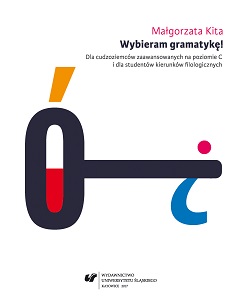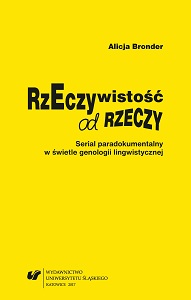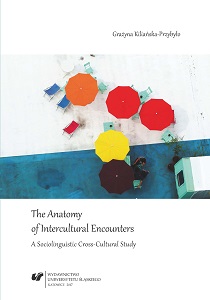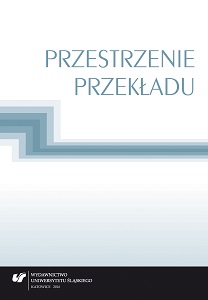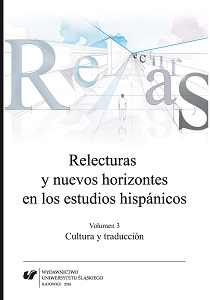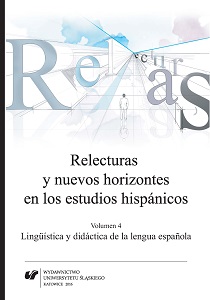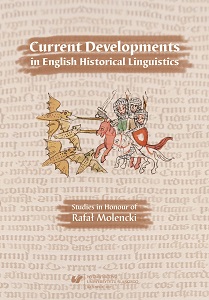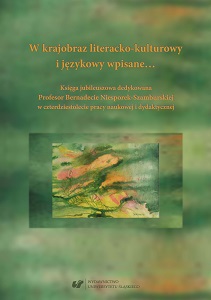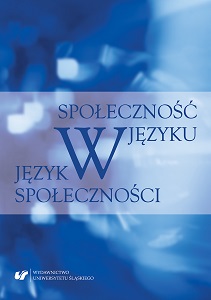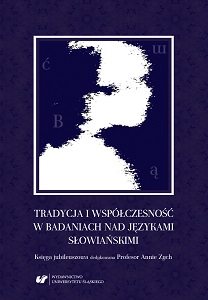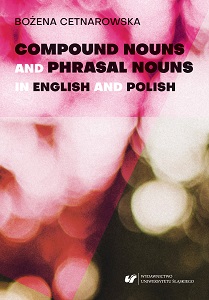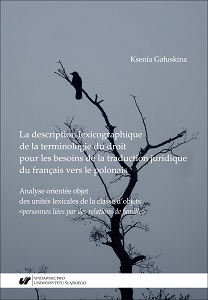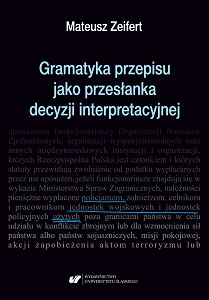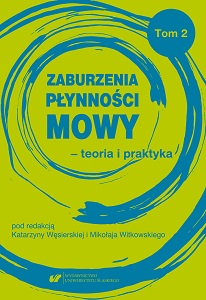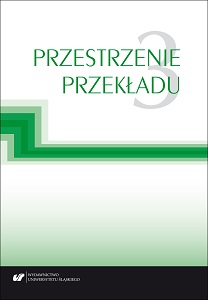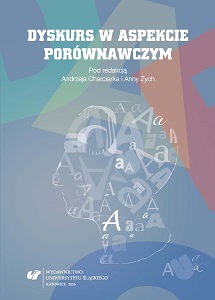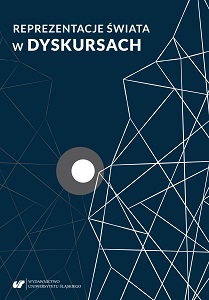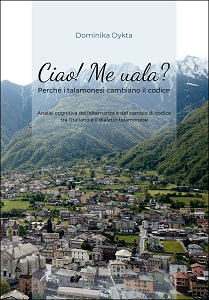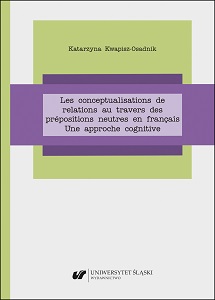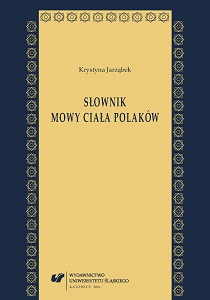
Dictionary of the body language of the Poles
Słownik mowy ciała Polaków
Keywords: linguistics; nonverbal communication; ethnolinguistics; glottodidactics
Communication between people takes place at two, usually parallel, levels. One of them is a verbal communication, the other one – a non‑verbal one, conducted with the use of means other than words. These two types of communication should be understood in the situational and cultural context. This publication focuses on the kinetic code, which, according to the scientists, includes conventionalized movements performed during communication by: 1) hands (gestures), 2) face muscles (facial expressions), 3) head, trunk and legs (body posture).Attempts to organise the conventionalised gesture and mimic behaviours of certain linguisticand cultural communities in the form of a dictionary have been made by various countries– therefore their authors are foreigners. The presented dictionary has been prepared by a Polewho within the scope of her academic interests has been involved in nonverbal communication of the Slavs. The author intended to provide the dictionary users with material that should enable them to better understand the body language of the Poles – a product of the Polish culture.The publication contains a description of the conventional gestures, facial expressions andpostures, referred to as kinetic signs, that support the verbal communication. It is arranged inthe form of thematic groups covering signs which are the same or similar in semantic terms.Most of the discussed signs are obligatory – all persons who participate in the communicationprocess must therefore know how to use them. Other signs, being rude and “unparliamentary”, are optional, and well‑mannered persons do not use them at all. However these persons should know their meaning in their best interest. This knowledge decides on the degree of the communication competences of the communication participants.Apart from the Introduction and the List of entries, the dictionary consists of the Table of contents; the List of applied abbreviations, signs and symbols; the Thematic index; the Alphabetical index and the References.All entries of the Dictionary of the body language of the Poles include the following fixedelements: sing name; sign form; sign content; context, i.e. the scope of the usage of a particular sign; information on the relationship existing between the sign and the verbal layer; set phrases or collocations which record gestures, facial expressions and postures comprehensible to the Poles and a photograph illustrating a particular sign.The presented dictionary is addressed mainly to Polish teachers; academic workers of institutions and departments of foreign philologies in Poland and in other countries; Polish philology students who learn Polish as a foreign language; linguists; ethnolinguists; culture experts; experts in glottodidactics; literature translators and foreigners who learn Polish. This dictionary may also be used to a varying extent by: educators, psycholinguists, etiquette experts and anyone interested in relations between the verbal and non‑verbal communication.
More...
